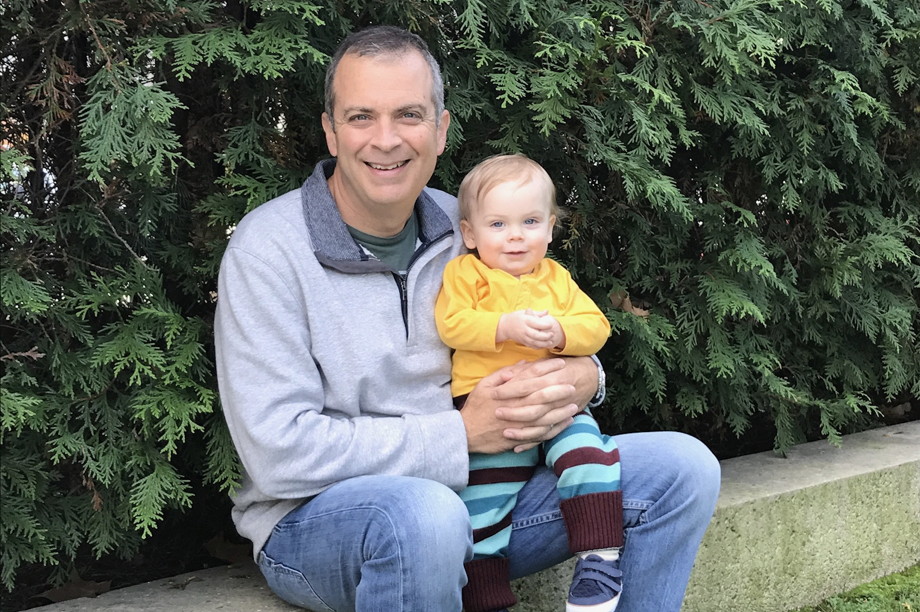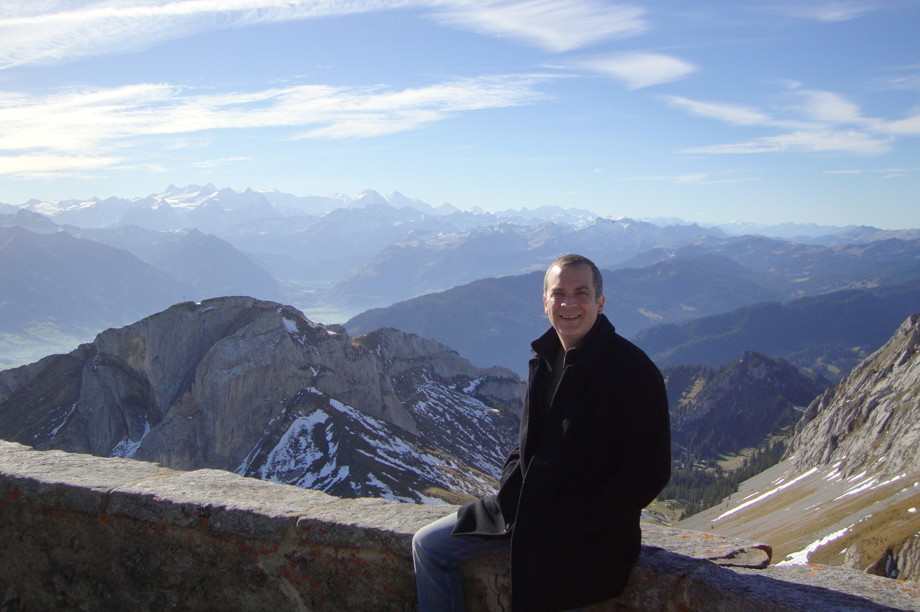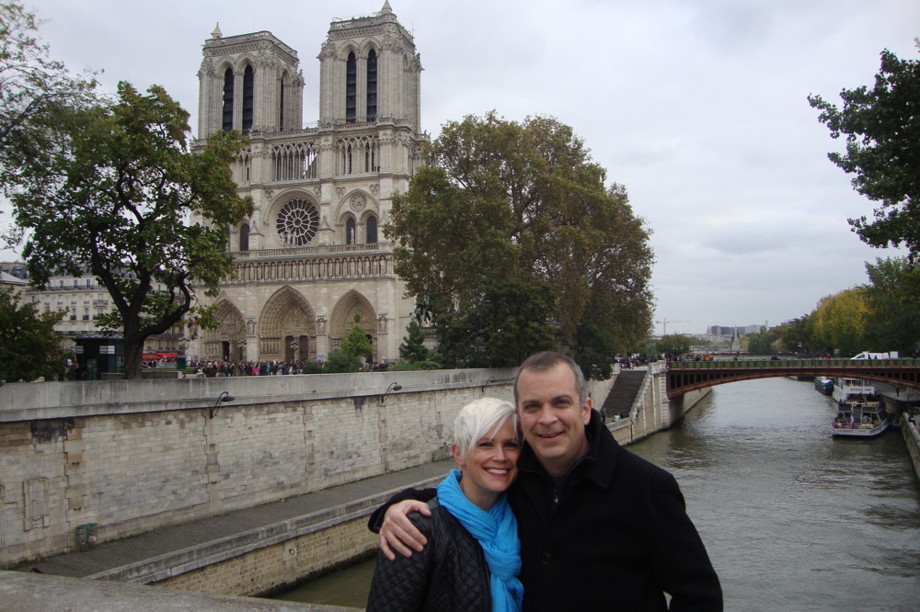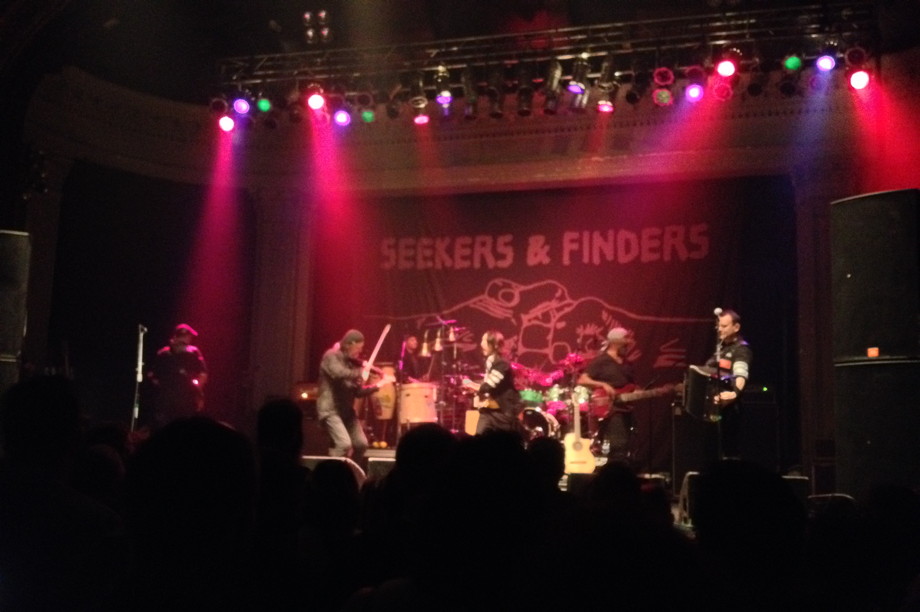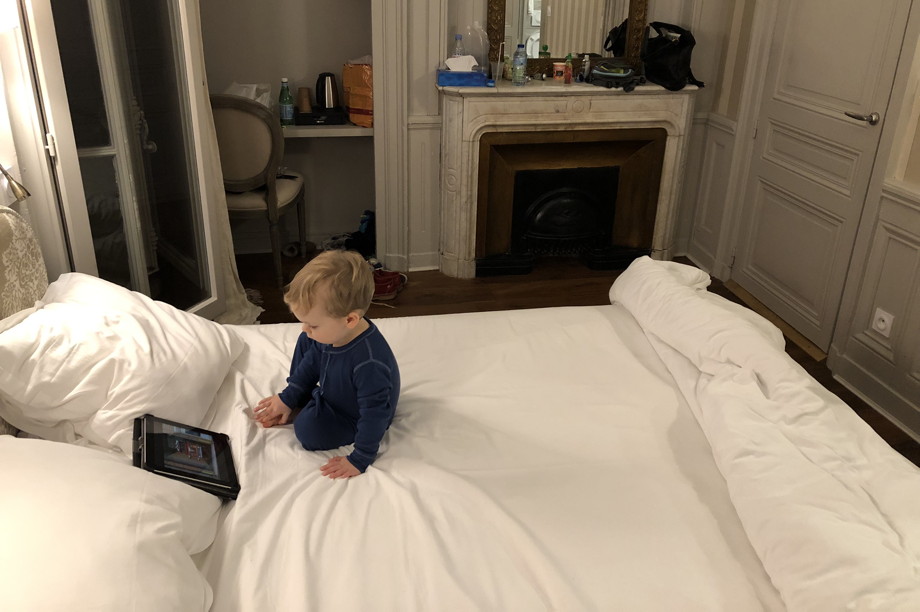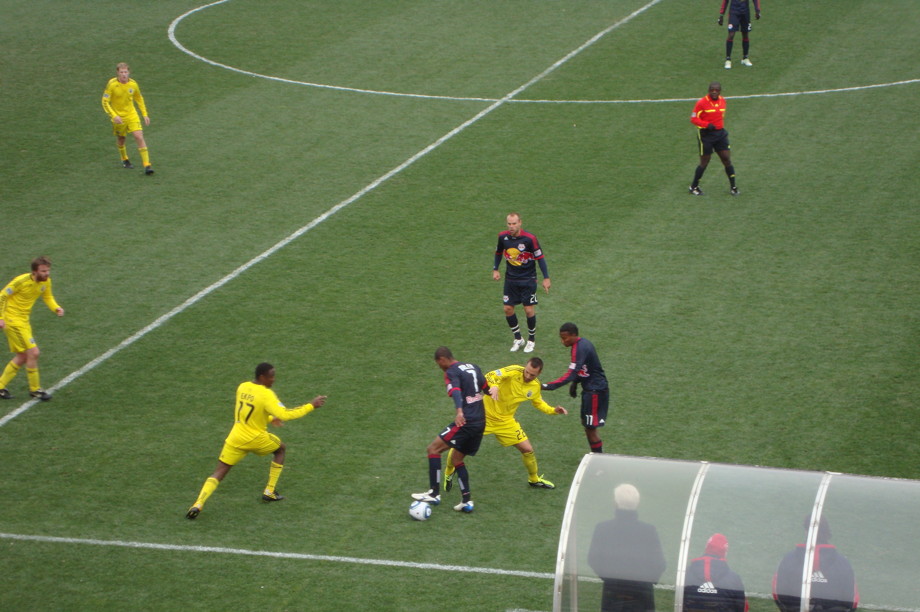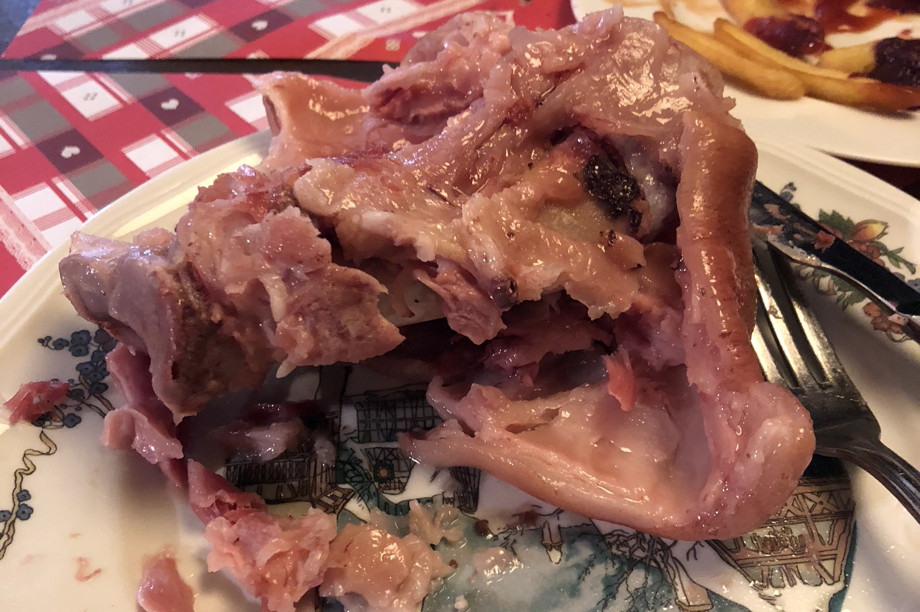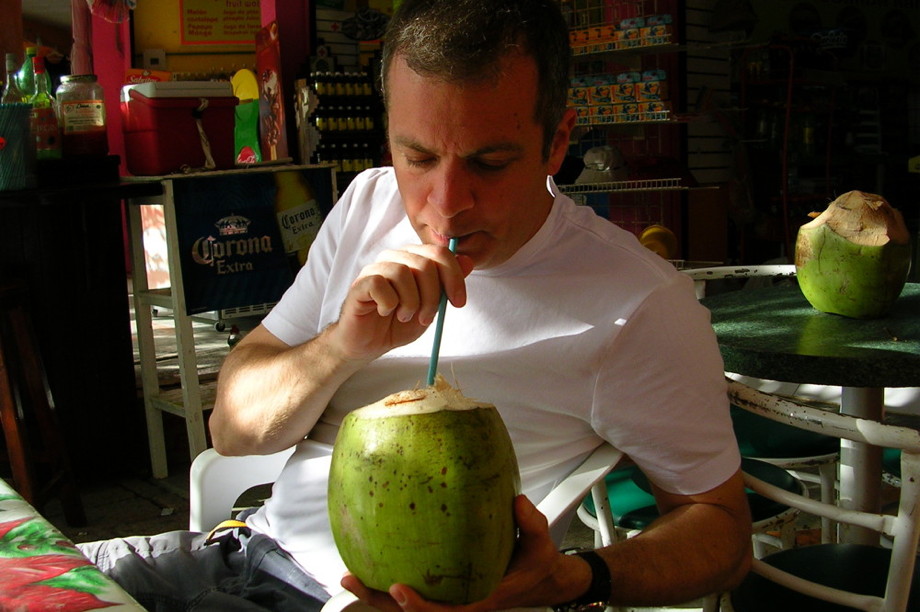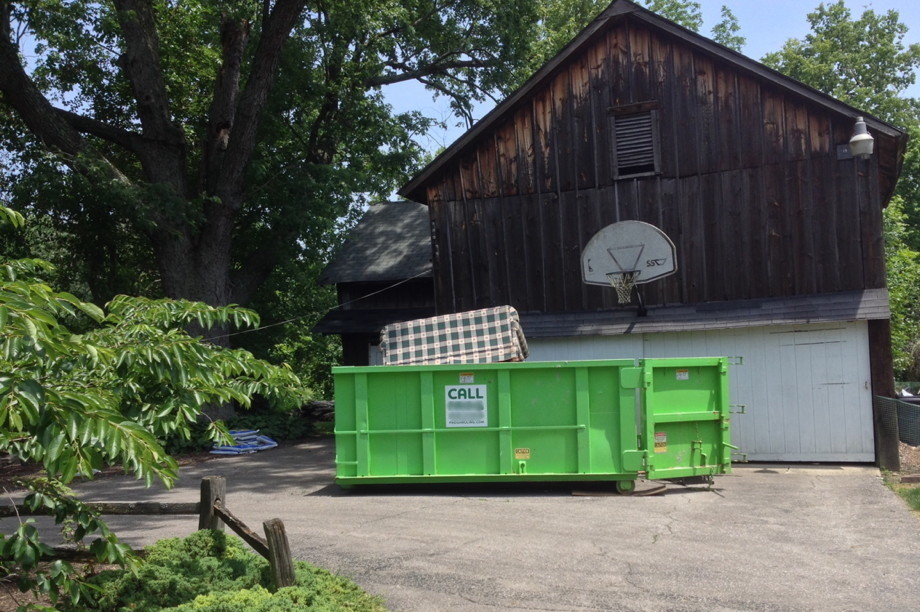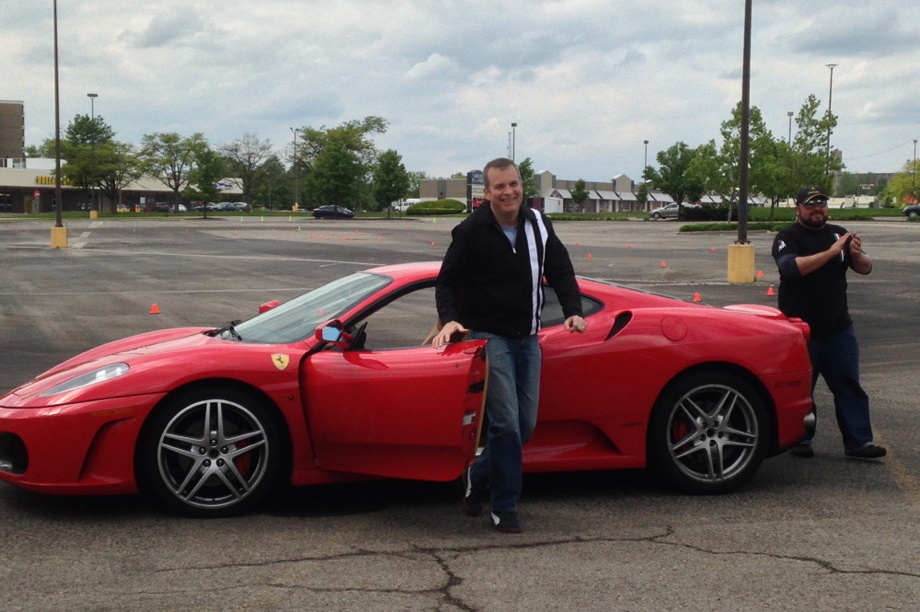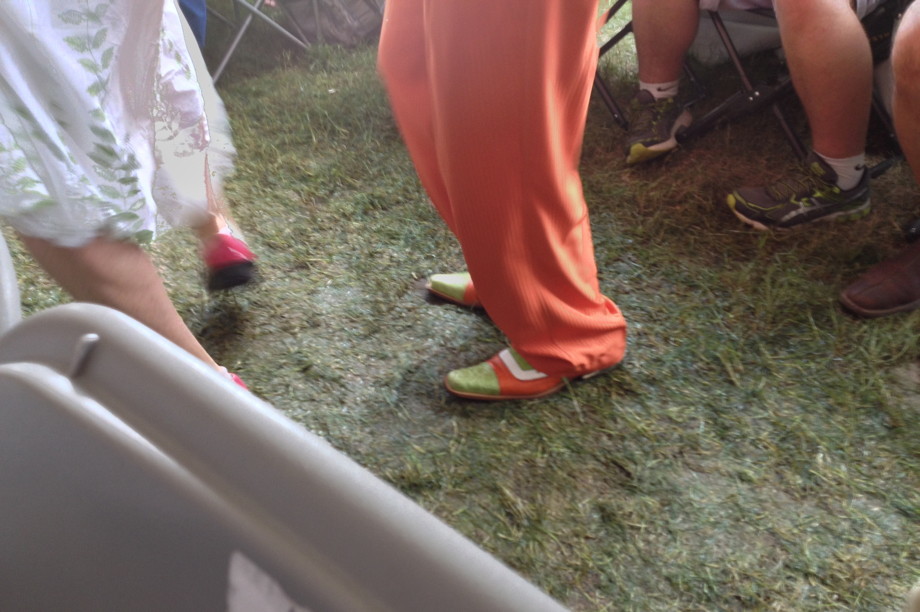A Month in Siena 10/16/2023
Can They Lie?
Historical and artistic truth

Outside the Cathedral of Reims, October 2014
Reading time: 2 minutes
Please consider disabling your ad blocker, it disrupts site functions in addition to blocking ads. Thank you!
This is going to stay simple.
Simplistic, actually.
Framing the issue
We should enjoy historical novels and films without getting into the annoying and unimportant sideshow of whether or not something happened—or whether it happened a certain way.
History and the novel, separately
Historians research primary sources, ask questions, and arrive at conclusions (or ask more questions), but they must do so in good faith within the historical record.
Novelists of any type have no such constraints. A novel has invented characters, invented stories, invented dialog, and no obligation to tell the truth.
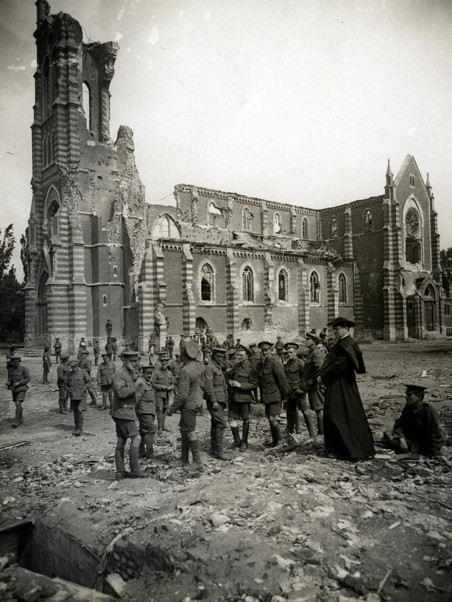
History: truth, reality, facts. Photo by British Library (Mods) |

The novel: invention, entertainment, didacticism. Photo by Dakota Corbin (Mods) |
The historical novel
None of that freedom changes for historical novelists.
In a historical novel—a work of fiction set fifty or more years ago—novelists are still free to employ poetic license, choose the ending they want, and alter facts so that the resolution is more satisfying. They can even bend history to create an "alternate" historical novel.
For historians, therefore, a historical novel is simply a lie. It might be a pleasant lie they enjoy reading—but it's still a lie.
Artistic truth protects the novelist from historical truth.
Truth(s)
Since everything about a historical novel is a lie, there is nothing wrong, unethical, or damning about changing history in it. A nip and tuck, or a wholesale re-write: it's all fair game. Until we get to the resolution, where judgment can and should occur, the reader has no right to insist on historical accuracy or purity.
And why is that?
Because artistic truth protects the novelist from historical truth.
Have you ever seen a TV show or movie where lovers wake up in the morning and immediately begin talking close and kissing?

Don't they need to go to the bathroom? Do they have morning breath? Photo by Toa Heftiba (Mods) |
When actual human beings wake up, they need to pee and brush their teeth before interacting with anyone. Despite this nearly universal truth, showing every detail of a morning trip to the bathroom would be an unnecessary, clunky interruption to the story. A bathroom break only teaches us the characters are people with physical needs. Not exactly groundbreaking.
The point is: reality can get in the way of a story.
It's the same for a historical novel.
Historical reality isn't always neat and tidy. It's not all battles, speeches, and parades which unfold in a linear, logical way. Historical events can be mundane, tedious, confusing, and, sometimes, completely unbelievable.
A bathroom break only teaches us that the characters are people with physical needs. Not exactly groundbreaking.
They own it!
Just like the lovers in a movie who don't pee or brush their teeth, some historical details are so boring, random, or weird that they would kill a story if they were included as they happened. The historical novelist often has to change the past to make a cleaner, tighter story, or to make a specific point.
There is a consequence to such liberty, however. Historical novelists' work is exactly what they've chosen it to be. They own the historical, political, social, and moral results of their agenda.
In other words, historical novelists can make all the changes they like, but a historically engaged reader is obligated to understand and pass judgment on those changes—and their conclusion.
Historians hold up a mirror to the past. Historical novelists hold up a mirror to themselves.
Read about my historical novel, The Sacred Lily, here.
Read more
- About the Novels
- Historical Background: The Bourbon Restoration - Part 1
- Historical Background: The Bourbon Restoration - Part 2
- Historical Background: The Nobility - Part 1
- Historical Background: The Nobility - Part 2
- Commentary & Theory: Historical Truth
Recent Posts
Eyewitness Travel: France 4/24/2023
L'Africain du Groenland 8/2/2022
On the Plain of Snakes 5/17/2022
Volcanoes, Palm Trees, and Privilege 3/22/2022
L'axe du loup 2/28/2022
The Art of Travel 12/31/2021
Postcard: Los Angeles 11/5/2021
Afropean 8/6/2021
Roadrunner 7/22/2021
Popular Tags
Archive
Show moreAbout
Recent Tweets
If you toggle the switch above the words "Recent Tweets" and it still says, "Nothing to see here - yet," it means the idiot who broke Twitter either hasn't gotten around to fixing this feature, or intentionally broke it to get us to pay for it (which is moronic, I can easily live without it and it generated traffic to his site).
